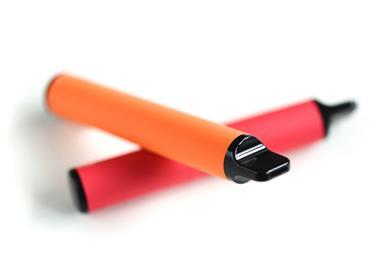This paradox has more than a grain of truth to it. As soon as a particular product becomes a trend or a craze, everyone will try to jump on the bandwagon and the margins will disappear. And for high tax items such as tobacco, chances are that it won't just be the competition getting wise to new trends, the government will, too.
And so it is with 'cheap' tobacco (I think, at current prices, we need the quote marks). In recent times, the cost of a standard pack of 20 has created a growing dent in people's stretched disposable income, so consumers have understandably switched to lower-priced brands and rolling tobacco. But now the Chancellor has decided to tax these at a proportionally higher rate, and is slapping an extra 10% on handrolling lines.
The government has attempted to justify the move on public revenue and public health grounds. However, the sector likely to benefit most is the illicit tobacco industry, which will now find it even easier to tempt smokers.
We all know that those selling illicit tobacco are unscrupulous, but cheap prices and anti-establishment sales patter can overcome most of that in the eyes of purchasers. But just because the illicit traders try to present themselves as Robin Hood doesn't mean the government needs to behave like the Sheriff of Nottingham and automatically tax everything that's popular. It would be better to commit more resources to clamp down on those that sell tobacco without paying its associated tax revenues to the public purse.
Millions of people in the UK choose to smoke, and the government should be doing everything it can to ensure they remain within the legitimate supply chain and UK tax regime. Otherwise, its public health objectives and Budget plans will be completely undermined.






















No comments yet